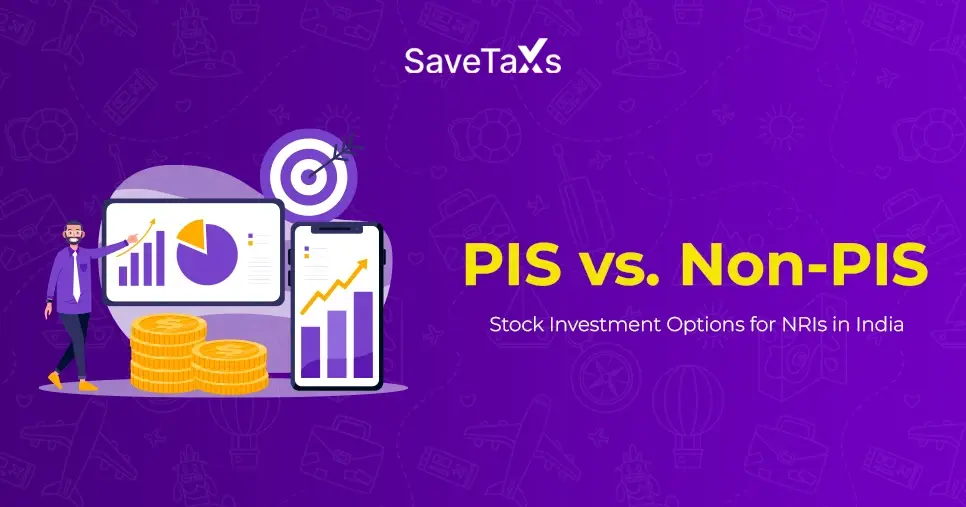
Want to read more?Explore Blogs
No matter what your source of income is, we've got you covered. There’s a plan for everybody!
Yes, NRIs in France can apply online through Protean (formerly NSDL) or UTIITSL.
Passport, identity proof, date of birth proof, French address proof, photographs, and OCI/PIO card if applicable.
₹1,011–₹1,017 for physical PAN; e-PAN costs ₹66–₹72 less.
15–20 working days for physical PAN; e-PAN in 2–5 working days.
Use reliable services like DHL, FedEx, or UPS.
Apply through the “Changes or Corrections in PAN Data” form on Protean.
No, a French address can be used as the communication address.
Yes, professional assistance is recommended for NRIs.
Both NRIs and OCIs can apply.
Ensure details match documents, avoid initials, submit valid proofs, and use the correct form.